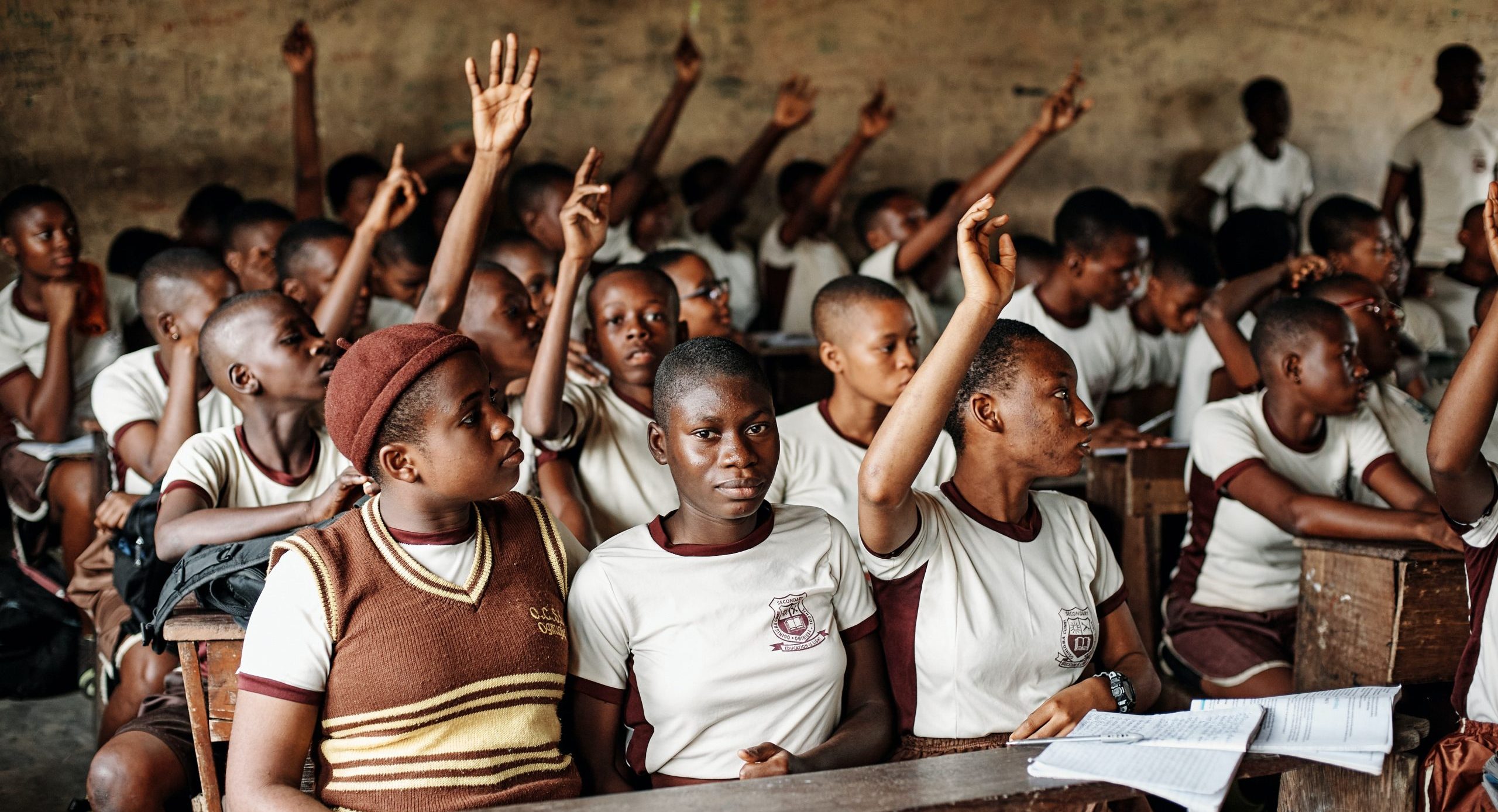Participate In Regional / International Assessments to Benchmark Progress
This section explores the various assessment alternatives available to countries for measuring student learning outcomes and provides an overview of the benefits and considerations for engaging in these collaborative evaluations, promoting shared learning and global progress in education.
It’s important to analyze student progress in regional and continent-level contexts. This helps provide a more nuanced understanding of what areas of foundational learning can be modeled by others and what areas can be better supported.
Regional assessments focus on a specific region or group of countries, cross-national assessments compare educational outcomes across different countries, and international assessments provide comparative data on education systems across multiple countries.
Participating in a regional assessment can be a suitable option if a country has technical capacity at the national level and an available regional assessment. Ideally, the country should also have an existing national assessment in place. Assessments vary in terms of their focus, methodology, and geographic coverage.
Participating in international assessments is a long-term goal for countries with national assessments who have also participated in multiple regional assessments. However, this requires significant resources and technical capacity at the country level.
Countries can choose which assessment to use based on their education priorities, technical capacity, and resources available. They may also choose to participate in multiple assessments to get a more comprehensive view of their education system.
Visit the SDG 4.1.1 Toolkit for more detailed information related to assessments and linking to the GPF to report comparable data on SDGs.
Assessment Landscape: A Comprehensive Overview
Explore this section for a deeper understanding of various international, regional, and cross-national assessments that measure and evaluate student learning outcomes. Gain insights by reviewing a general comparison of international, regional, and national assessments, and compare each assessment by cost, timing, and indicator to make informed decisions on the most suitable option for your context.
- Latin-American Laboratory for Assessment of the Quality of Education (LLECE): Aims to measure learning achievement and analyze factors associated with educational quality among students in Latin America and the Caribbean. Developed by UNESCO’s Regional Bureau for Education in Latin America and the Caribbean (OREALC/UNESCO Santiago), first round in 1997.
- Literacy and Numeracy Assessment (LaNA): Conducted by the East Africa Association for Research in Education, focusing on reading, writing, and numeracy skills among students in Kenya, Tanzania, and Uganda. Conducted by the East Africa Association for Research in Education (EAARE), initiated in 2010.
- Pacific Islands Literacy and Numeracy Assessment (PILNA): Monitors and evaluates literacy and numeracy skills among primary school students in Pacific Island countries, with the goal of supporting evidence-based decision-making and enhancing educational quality. Developed by the Pacific Community (SPC) and the Educational Quality and Assessment Programme (EQAP), first round in 2012.
- Progress in International Reading Literacy Study (PIRLS): Focuses on reading literacy among fourth-grade students. Conducted every five years and includes over 60 countries. Developed by the International Association for the Evaluation of Educational Achievement (IEA), first round in 2001.
- Programme d’Analyse des Systèmes Educatifs de la Confemen (PASEC): Focuses on educational quality in Francophone African countries. Includes assessments of reading, mathematics, and science among students in several countries. Developed by the Conference of Ministers of Education of French-speaking Countries (CONFEMEN), first round in 1991.
- Programme for International Student Assessment (PISA): Measures the academic performance of 15-year-old students in reading, mathematics, and science. Conducted every three years and includes over 80 countries. Developed by the Organisation for Economic Co-operation and Development (OECD), first round in 2000.
- Southern and Eastern Africa Consortium for Monitoring Educational Quality (SACMEQ): Focuses on educational quality in southern and eastern Africa. Includes assessments of reading, mathematics, and life skills among students in several countries. Developed by the International Institute for Educational Planning (IIEP-UNESCO) and the Ministries of Education in Southern and Eastern Africa, first round in 1995.
- Southeast Asia Primary Learning Metrics (SEAPLM): Focuses on assessing reading, writing, and mathematics skills among primary school students in Southeast Asian countries to improve learning outcomes and inform policymaking. Developed by the Southeast Asian Ministers of Education Organization (SEAMEO) and UNESCO Bangkok, first round in 2019.
- Trends in International Mathematics and Science Study (TIMSS): Focuses on mathematics and science achievement among fourth and eighth-grade students. Conducted every four years and includes over 60 countries. Developed by the International Association for the Evaluation of Educational Achievement (IEA), first round in 1995.
Landscape of Assessments Available


Want to learn more about how your country can use learning data? Contact the Coalition for Foundational Learning to discuss your specific country needs and interests.

